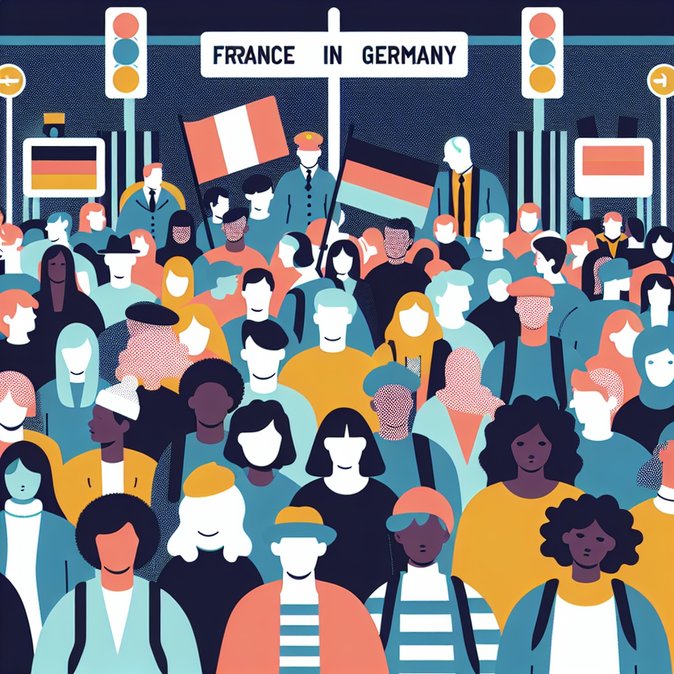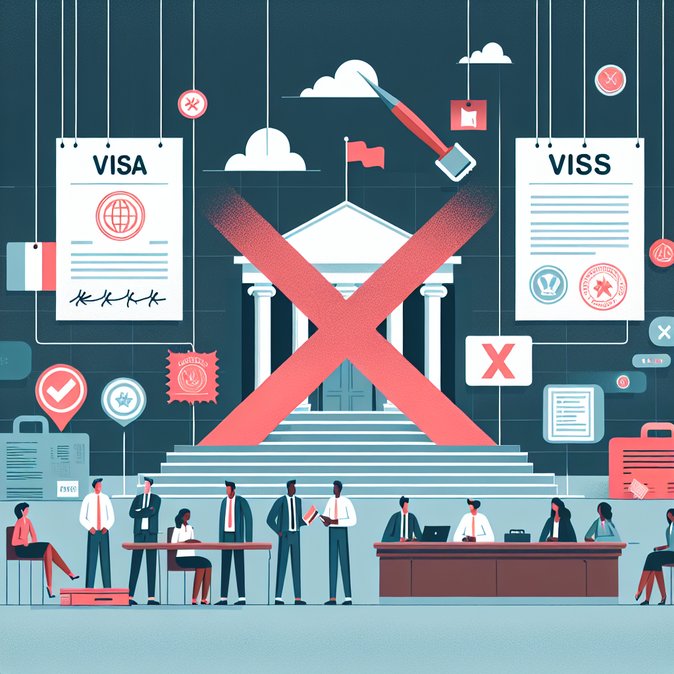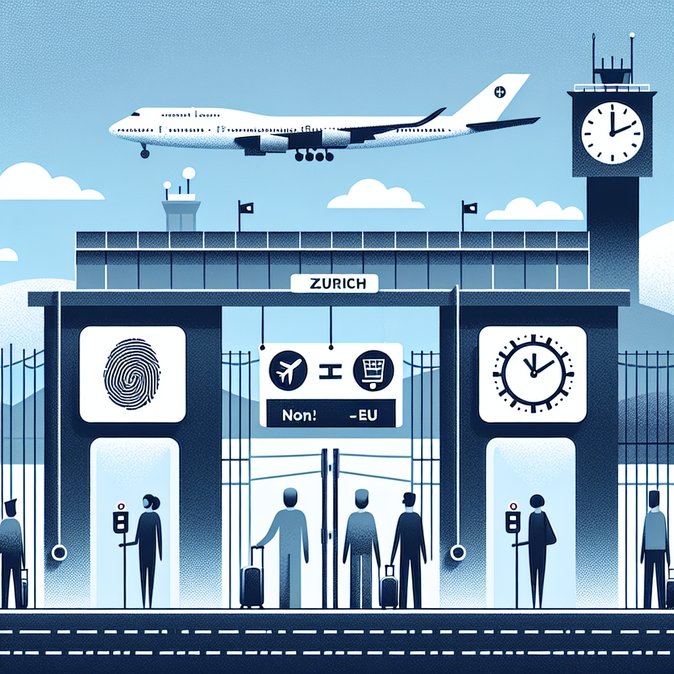
Grass-roots frustration over the re-imposition of border checks within the Schengen Area is spilling onto the streets. The Young Europeans (Jeunes Européens) sections of Kehl (Germany) and Baden-Württemberg announced on 21 November that they will hold a cross-border rally at Kehl station on Sunday 23 November 2025.
Under the slogan “Don’t Touch My Schengen”, the organisations say they want to highlight the everyday impact of controls that France and Germany have kept in place almost continuously since late 2024. Students, apprentices and cross-border commuters complain of unpredictable queues that add up to 45 minutes to a journey that should take ten. “Living in a twin-city region only works if borders stay invisible,” the group said in a statement.
![Franco-German Youth to Rally in Kehl on 23 Nov Against Internal Schengen Checks]()
Since the Paris 2024 Olympics security surge, France has justified internal controls on terrorism and smuggling grounds; Berlin has done the same to curb irregular migration. EU law allows temporary checks, but civil-society groups argue that serial six-month extensions have normalised what should be an exceptional measure.
Although Sunday’s protest is symbolic, it reflects growing pressure on both governments ahead of the 2025 European Council review of Schengen governance rules. Business associations in Alsace and the Upper Rhine corridor say delayed deliveries and missed client meetings already cost “millions of euros” annually. If momentum builds, Paris may face tougher questions about whether continued controls are proportionate to the threats cited.
Global-mobility teams moving staff between French and German sites should prepare for sporadic delays through at least spring 2026 and consider rail timetables that avoid the morning rush. They should also watch for potential policy shifts after the EU review, particularly if citizen-led actions continue to attract media and political attention.
Under the slogan “Don’t Touch My Schengen”, the organisations say they want to highlight the everyday impact of controls that France and Germany have kept in place almost continuously since late 2024. Students, apprentices and cross-border commuters complain of unpredictable queues that add up to 45 minutes to a journey that should take ten. “Living in a twin-city region only works if borders stay invisible,” the group said in a statement.

Since the Paris 2024 Olympics security surge, France has justified internal controls on terrorism and smuggling grounds; Berlin has done the same to curb irregular migration. EU law allows temporary checks, but civil-society groups argue that serial six-month extensions have normalised what should be an exceptional measure.
Although Sunday’s protest is symbolic, it reflects growing pressure on both governments ahead of the 2025 European Council review of Schengen governance rules. Business associations in Alsace and the Upper Rhine corridor say delayed deliveries and missed client meetings already cost “millions of euros” annually. If momentum builds, Paris may face tougher questions about whether continued controls are proportionate to the threats cited.
Global-mobility teams moving staff between French and German sites should prepare for sporadic delays through at least spring 2026 and consider rail timetables that avoid the morning rush. They should also watch for potential policy shifts after the EU review, particularly if citizen-led actions continue to attract media and political attention.


